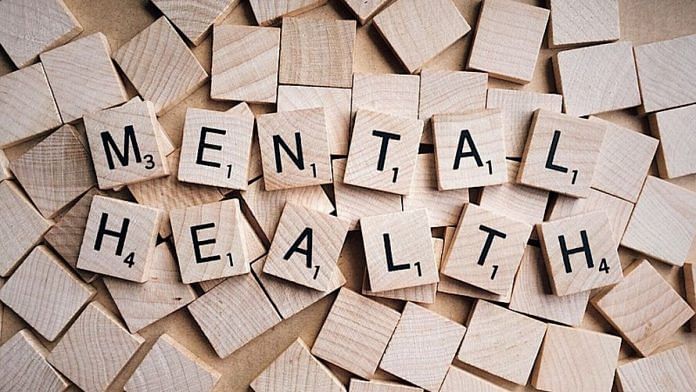However, we tend to wash over most minor irritations in our work or personal lives, such as a confrontational discussion with a work colleague, disappointing behaviour from a family member or people not doing what they have promised to.
Why do micro-stresses matter?
While individually, small incidents like these may seem unimportant, they can cause the same physical damage as more serious traumas, such as high blood pressure and interrupted sleep patterns, so shouldn’t be ignored. Over time, the cumulative build-up of micro-stresses in the human mind can cause serious long-term damage to both physical and mental health.
Moreover, these disruptive incidents are baked into our daily lives and are often caused by the people we are closest to, such as family and friends, rather than protagonists like a domineering boss or demanding client.
How can we minimize the micro-stress effect on mental health?
As with any medical condition, the key to good health is to recognize and manage the most common causes.
By identifying the types and causes of interactions laden with irritants, antagonisms and disruptions, people can adapt their lifestyle or behaviour to tackle or even eradicate them, says Cross.
Reducing day-to-day stress is important as 1 in every 8 people on the planet lives with a mental health disorder, according to the World Health Organization (WHO).
A global healthcare issue
The global burden of mental health disease has been steadily increasing over time, with figures – excluding alcohol and drug use disorders – showing a steep upward trend from almost 655 million people in 1990 to more than 970 million almost three decades later, data published by Our World in Data shows.
People with severe mental health conditions can die by as much as 20 years premature, as the result of preventable physical conditions, the WHO notes.
Despite progress in treating mental health conditions in some countries, more investment is needed to increase awareness of mental health issues, reduce stigma, increase access to effective treatments and boost research to develop existing new treatments.
Mental health is just one of the many challenges facing global health and healthcare: including short-term challenges, such as healthcare worker shortages, supply chain issues, climate challenges and political instability; and longer-term issues like growing demand for healthcare services, an increasing funding gap and growing disparities in healthcare provision and access in different parts of the world.
These and other challenges have been identified by the World Economic Forum’s Global Health and Healthcare Strategic Outlook, which outlines the actions needed to bring about systemic change to the global health and healthcare sectors. The strategy aims to bolster investment through private and public partnerships, to overcome potential barriers and ensure quality, resilience, innovation and sustainability become key pillars of health and healthcare in the future.
This article was originally published in the World Economic Forum.
Also read:



